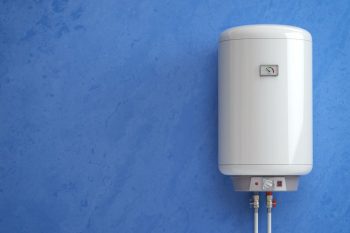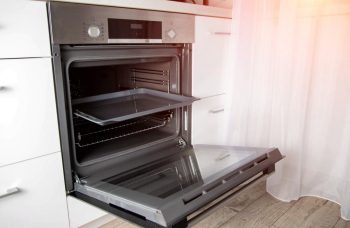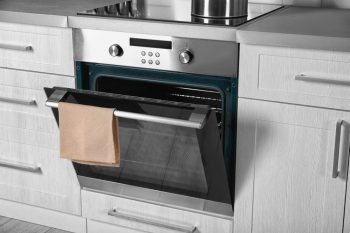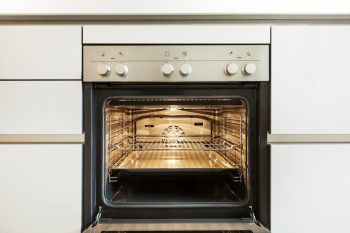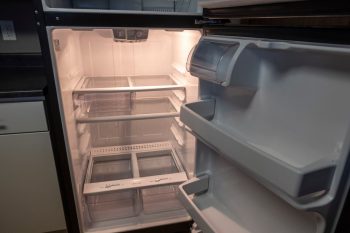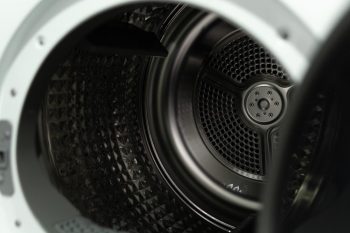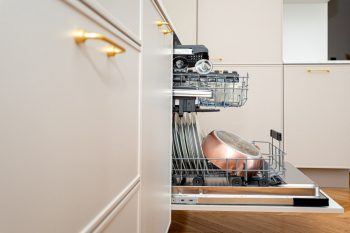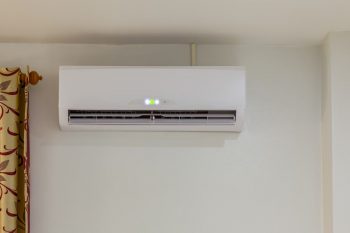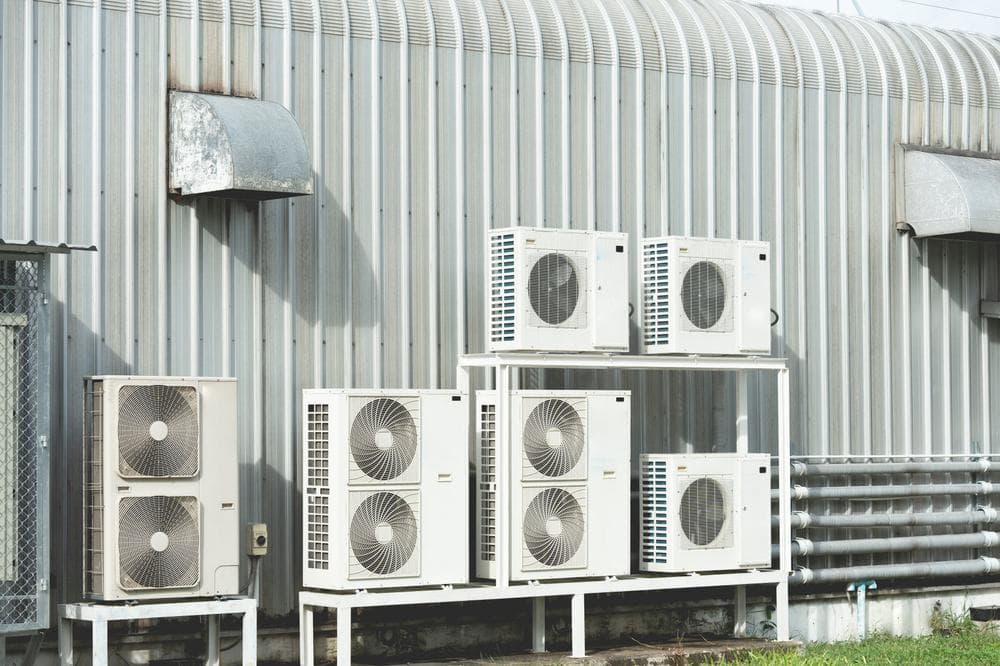
Air conditioners are essential for maintaining a comfortable indoor temperature, especially during the hot summer months. However, like any other appliance, they can sometimes experience problems, one of which is water leakage. As a Gree air conditioner owner, you might be wondering, “Why is my Gree air conditioner leaking water?” This article provides an in-depth explanation of the possible causes and solutions for this issue.
Your Gree air conditioner may be leaking water due to a blocked drainage line, a damaged condensate pan, buildup on the air filter, a clogged drain line, or low refrigerant levels. Fixing the issue could involve clearing the drain line, replacing the damaged pan, cleaning the air filter, or refilling the refrigerant. If the problem persists, consider seeking professional help.
Common Causes of Water Leakage in Gree Air Conditioners
Blocked Drainage Line
The most common cause of water leakage in Gree air conditioners is a blockage in the drainage line. This can occur from the buildup of dust, dirt, or sludge obstructing the flow of water.
When the air conditioner cools the air, it also dehumidifies it by condensing the water vapor present in the air. This water is supposed to be drained away through the drainage line, but when a blockage occurs, the water has nowhere to go and eventually leaks from the unit.
Damaged Condensate Pan
The condensate pan in your Gree air conditioner collects water that drips from the evaporator coil. Over time, this pan can become damaged or rusted, leading to water leakage. This usually happens due to age or neglect, and replacing the pan is typically the best solution.
Buildup on the Air Filter
Air filters play a crucial role in maintaining the efficiency of your air conditioner. However, if they become too dirty, they can restrict airflow and lead to condensation forming in the wrong places. This buildup of condensation can eventually lead to water leakage.
Clogged Drain Line
A clogged drain line can also cause water leakage. Dust, dirt, or sludge can accumulate in the line, preventing the condensate water from draining properly.
Low Refrigerant Levels
Lastly, low refrigerant levels can cause water leakage. When refrigerant levels are low, the evaporator coil may freeze. When the unit is turned off or goes into defrost mode, the ice melts, resulting in water leakage.
How to Fix a Leaking Gree Air Conditioner
Fixing a leaking Gree air conditioner involves identifying the cause of the leak and addressing it accordingly. Here are some steps you can follow:
- Turn off the air conditioner: Always turn off your air conditioner before working on it to ensure your safety.
- Inspect the drain pan and drain line: Look for any signs of damage or blockage. If the drain pan is damaged, it will need to be replaced. If the drain line is blocked, it will need to be cleared.
- Clean the air filter: A dirty air filter can restrict airflow and cause condensation to form in the wrong places. Regularly cleaning or replacing your air filter can prevent this.
- Check the refrigerant levels: If the refrigerant levels are low, this could be causing your evaporator coil to freeze and leak water when it melts. Contact a professional to check for refrigerant leaks and refill the system if necessary.
If your Gree air conditioner continues to leak water after following these steps, it may be best to seek help from a professional HVAC technician. Regular maintenance, including cleaning the air filter and drain line and checking the refrigerant levels, can help prevent future leaks and keep your air conditioner running efficiently.
Frequently Asked Questions
How often should I clean my Gree air conditioner’s air filter?
The frequency of cleaning your air conditioner’s air filter depends on various factors like usage and environmental conditions. However, a general rule of thumb is to check it once a month and clean or replace it if necessary.
How can I prevent my Gree air conditioner’s drain line from getting blocked?
Regular maintenance is key to prevent your Gree air conditioner’s drain line from getting blocked. This includes regular cleaning to remove any dust, dirt, or sludge that may accumulate over time. You can use a wet-dry vacuum to clean the drain line or hire a professional to do it for you.
How do I know if my Gree air conditioner has low refrigerant levels?
Signs of low refrigerant levels in your Gree air conditioner include warm air blowing from the unit, a hissing or bubbling noise, ice on the refrigerant lines, and higher than usual energy bills. If you suspect low refrigerant levels, it’s best to call a professional to check and refill it if necessary.
Can I replace the damaged condensate pan of my Gree air conditioner myself?
While it’s possible to replace the condensate pan yourself, it’s often a complex task that involves disassembling parts of the air conditioner. If you’re not familiar with HVAC systems, it’s recommended to hire a professional to replace the condensate pan to avoid causing further damage to the unit.
How often should I schedule professional maintenance for my Gree air conditioner?
It’s recommended to schedule professional maintenance for your Gree air conditioner at least once a year, ideally before the start of the cooling season. Regular maintenance can help detect potential problems early, extend the lifespan of your unit, and ensure it runs efficiently.

